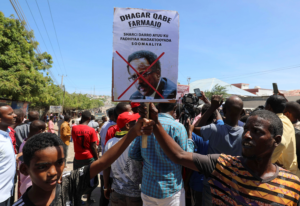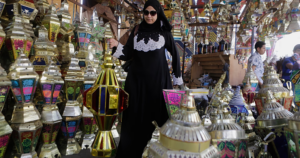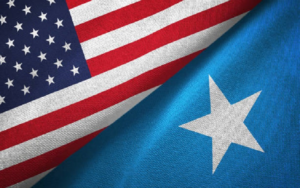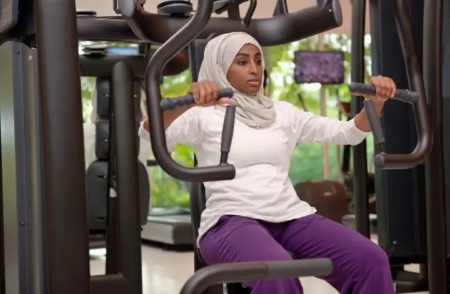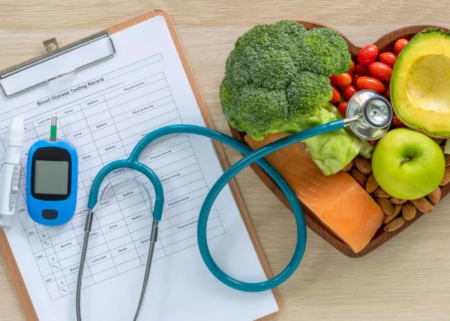Somali women and obstetric fistula, obsteteric fistula is a serious health condition that occurs in women after a long and difficult childbirth, causing a hole to form between the uterus and the bladder or rectum. This causes the woman to constantly lose urine or stool without control.
SOMALI WOMEN AND OBSTETRIC FISTULA: ITS CONDITION
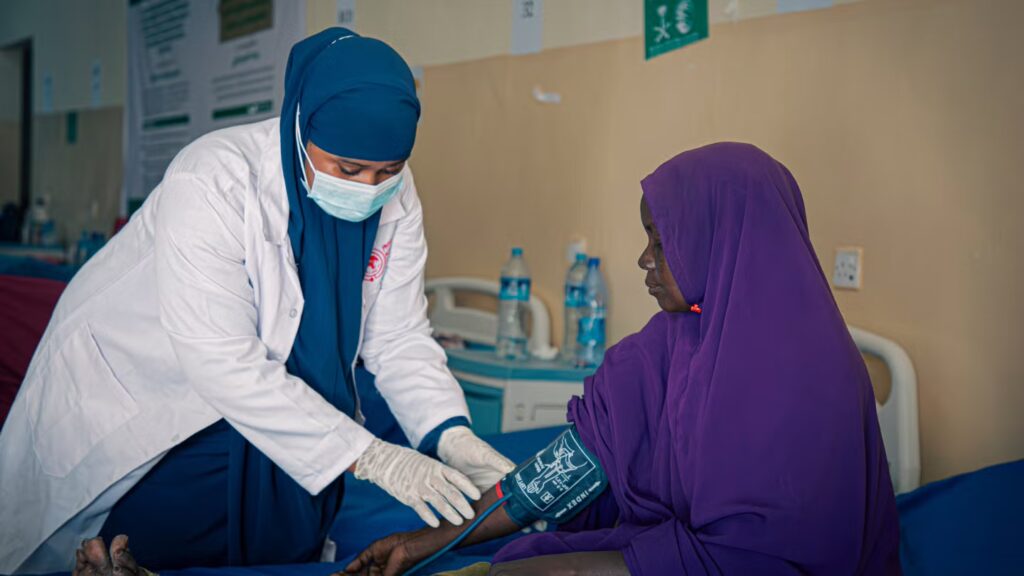
Somali women and obstetric fistula, this condition often occurs when childbirth is difficult and does not receive prompt medical care. Fistula affects a woman’s life, health, and society. To prevent it, it is important to have access to quality care, counseling, and surgical repair for treatment. Strengthening women’s health services is an important step in reducing this condition.
Read also:
BURCAD-BADEED BAXSAT AH OO SOO GALAY SOOMAALIYA: QAQABASHADA IYO MAXKAMADEENTA BURCAD-BADEEDKA
QOONDADA XAJKA EE SOOMAALIYA: SOOMAALIYA IYO SACUUDIGA OO SAXIIXDAY HESHIIS
Obstetric fistula is a health problem that affects many Somali women, especially those living in rural areas and areas with limited access to health services. The condition occurs when prolonged or difficult childbirth damages the body’s internal organs, causing a hole between the uterus and the bladder or rectum, causing the woman to leak urine or stool repeatedly.
OBSTETRIC FISTULA IN SOMALIA
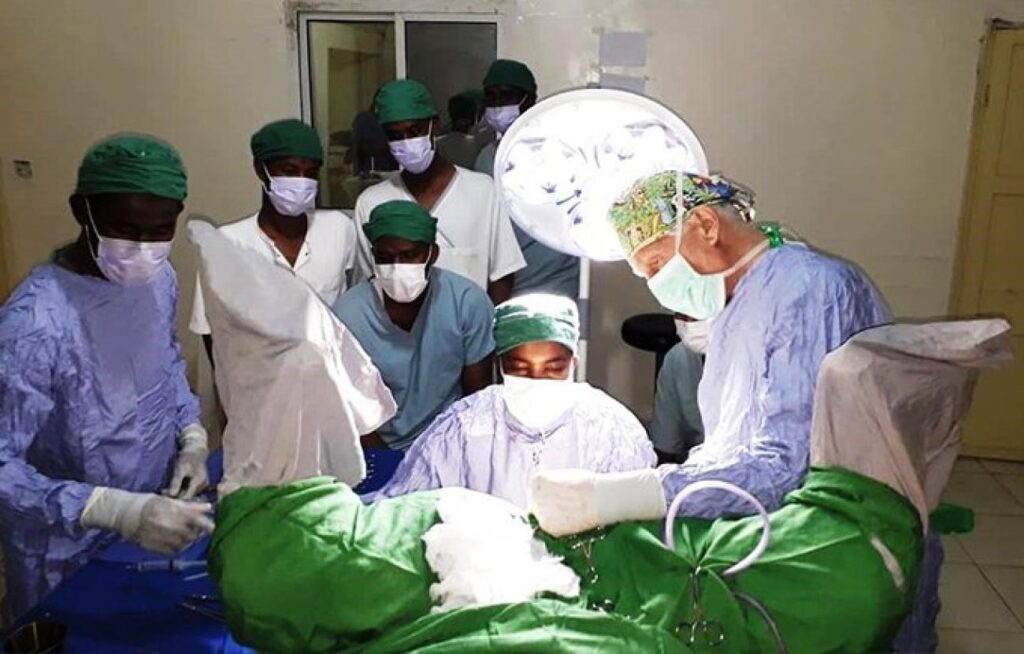
Somali women and obstetric fistula, in Somalia, factors such as lack of care, early marriage, and poor health facilities contribute to the high prevalence of the disease. Although surgical treatment is available, many women do not have access to these services. Therefore, raising awareness, training midwives, and access to quality health care are key to reducing female fistula in Somalia.
Many Somali women who suffered from obstetric fistula are now slowly recovering from the disease, thanks to local and international medical efforts. Hospitals such as Banadir Hospital, Edna Adan Hospital in Hargeisa, and other facilities across the country provide free surgeries to repair the wounds, enabling many women to lead normal lives.
MANY SOMALI WOMEN RECLAIM THEIR LIVES FROM FISTULA

Somali women and obstetric fistula, in addition to the surgery, these women receive psychological support, vocational training, and awareness-raising about reproductive health so that they can return to society with confidence. Programs funded by organizations such as UNFPA and WHO have played a key role. Today, women who have recovered have become inspiring examples for others, sending a message to society that this disease can be cured if proper medical care and ongoing support are provided.
